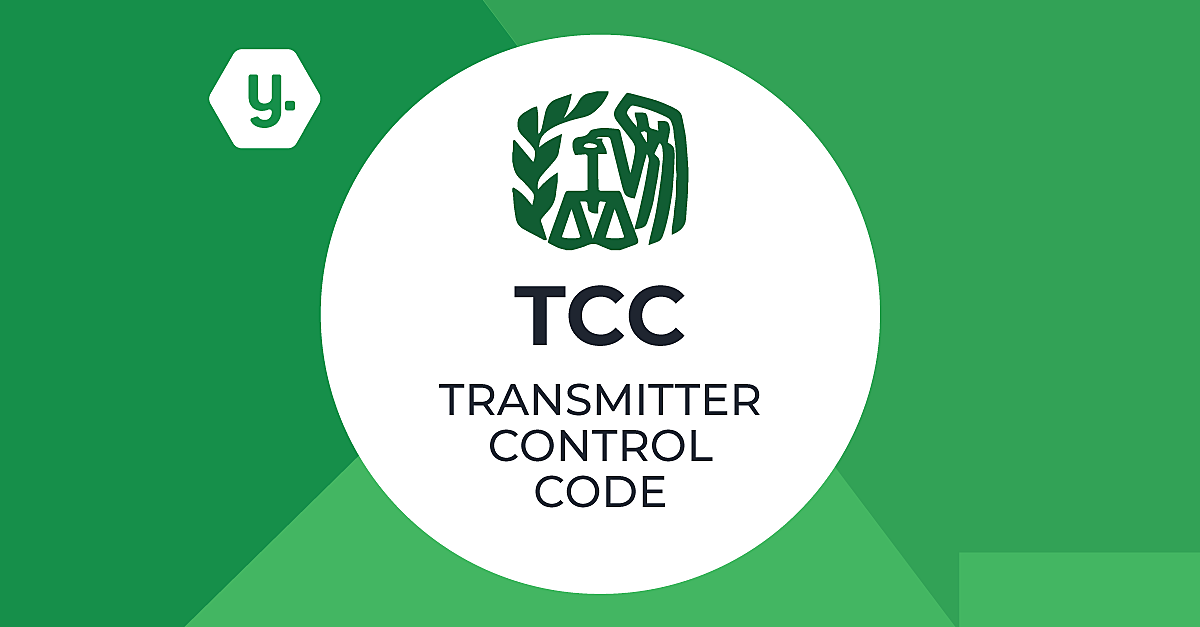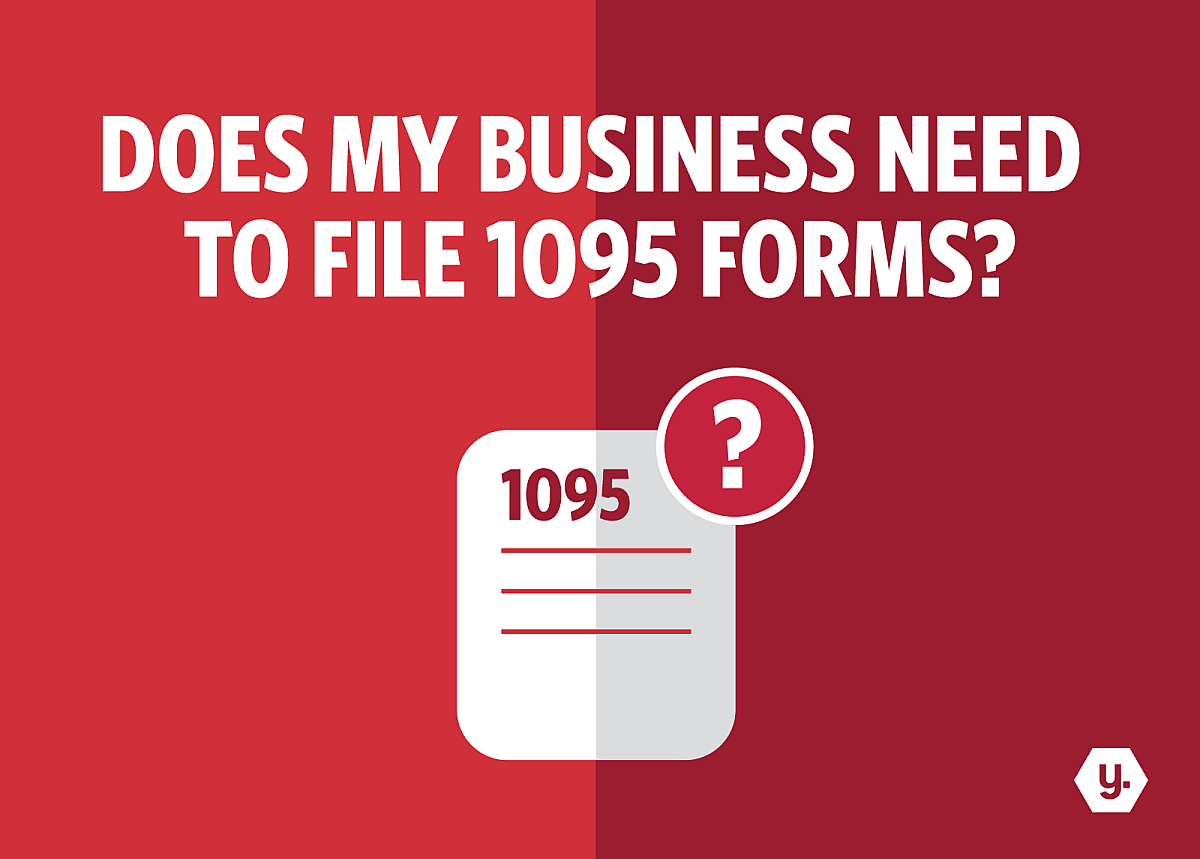
IRS TCC Code: What Businesses Need to Know
The IRS is taking significant steps toward reducing paper filings and driving greater efficiencies, such as developing the Information Returns Intake System (IRIS) e-filing service. Is your business authorized to use IRIS? If not, should it be?
Such questions are top of mind for many businesses as the tax season quickly draws near. To ensure compliance, it is critical that businesses have a clear understanding of the new e-filing requirements and have the right tools and resources in place.
To help businesses navigate the changes, this article discusses the shift in e-filing requirements and the IRIS Transmitter Control Code (TCC). Let’s take a closer look.
Changes in E-Filing Requirements
To set the stage, it is important to first understand the underlying changes in e-filing requirements, effective Jan. 1, 2024.
As previously reported by Greatland, new IRS regulations significantly expand the mandatory e-filing of wage and information returns, requiring almost all returns, filed on or after Jan. 1, 2024, to be sent to the IRS electronically versus on paper.
The new regulations, issued in February 2023, impact filers of partnership returns, corporate income tax returns, unrelated business income tax returns, withholding tax returns, certain information returns, registration statements, disclosure statements, notifications, actuarial reports and certain excise tax returns.
Among the notable changes are the drop of the e-file threshold from 250 to 10 or more information returns in a calendar year, and the elimination of the non-aggregation rule.
According to Janice Krueger, compliance architect for Greatland, “For tax year 2023 forms (filed in 2024), the e-file threshold for filing information returns dropped from 250 returns down to 10, which means many filers who, in the past, could file on paper, must now file electronically. This e-file threshold applies not only to 1099 forms, but also W-2 and 1095 forms as well.”
To ensure compliance with the lower e-file threshold requirements, impacted filers must have a solution in place to file all information returns electronically.
IRIS TCC for 1099 Forms
Using IRIS, businesses can e-file 1099-series forms. IRIS currently accepts forms 1099 only for tax year 2022 and later.
However, in order to e-file information returns through IRIS, filers must first apply for and obtain an IRIS Transmitter Control Code, which is more commonly known as the TCC. Any entity filing 1099s through IRIS must have a TCC. If a filer does not have a TCC they cannot use IRIS.
“Businesses that only transmit information returns for their own company must apply for an IRIS TCC. Also, third parties that transmit information returns on behalf of other businesses must apply for a TCC. For example, if a company only has a dozen 1099 Forms to file and plans to use manual data entry in IRIS, that company must first apply for a TCC to file through IRIS. Accountants and other third parties filing 1099s on behalf of their clients must also obtain a TCC in order to file through IRIS,” Krueger explained.
Applying for an IRIS TCC
The IRIS TCC application is accessible via the IRS website to those who have an existing ID.me account. ID.me is a sign-in option that provides access to IRS’ online services via a secure account.
Once the filer has established their ID.me account they can then access and fill out the IRIS TCC application by providing the following information, as outlined in the IRS 10-page tutorial:
- Employer Identification Number (EIN);
- Legal business name, business type, physical and mailing addresses, and phone numbers;
- Information about Responsible Officials, Authorized Delegates, and Contacts;
- Forms to be filed; and
- Transmission methods to be used.
It is also important to note that, for each authorized user listed on the application, the following information is required:
- Taxpayer Identification Number (TIN);
- Date of birth and U.S. Citizenship;
- Contact information including email address, title, and phone number; and
- Role(s) of the firm or organization.
Once the application is completed and submitted, the IRS will review the information and perform checks before assigning a TCC and supplying a written confirmation as to the acceptance or rejection into the program. The application is typically processed within 45 business days.
Once obtained, the IRIS TCC can be used for multiple years. It should be noted that TCCs for the Filing Information Returns Electronically (FIRE) system are not accepted in IRIS.
Limitations of IRIS
While IRIS may be an option for some 1099 filers, there are important limitations to be aware of. In fact, many filers will likely need to leverage an alternative solution that meets a broader set of needs. Why? IRIS does not support all of the forms included in the new lower e-file threshold requirement.
“To comply with the new lower e-file threshold for information returns, it is important that businesses find a solution now to meet all their electronic filing needs rather than waiting until the last minute. Keep in mind that the lower threshold applies not only to 1099 forms, but to other information returns such as W-2s and 1095s as well,” Krueger said.
As Krueger noted, filers who fail to take action now and ensure they have the right tools and resources in place risk facing non-compliance when the e-filing requirement goes into effect.
Finding the Right Solution
The good news is that there are alternatives available for filers that not only meet the new lower e-file threshold requirement but also eliminate the burden of needing a TCC.
One such example is Yearli.com, a comprehensive online 1099 and W-2 reporting platform by Greatland. Businesses that use Yearli.com to electronically file 1099 forms do not need to obtain a TCC.
“Yearli by Greatland is an option that will handle all filing requirements without the need to apply for a TCC. Not only does Yearli file to the IRS, but Yearli handles all filings to the state agencies,” said Krueger. “In addition, Yearli prints and mails copies to the recipients, and supports forms, such as W-2s, 1098s and 5498s, that currently fall under the lower e-file threshold.”
Furthermore, Yearli.com employs a year-around compliance staff that remains in close contact with federal and state agencies to help ensure compliance at both the federal and state levels. And its offers three service options so businesses can easily find a solution that best fits their budget and needs.
The e-filing landscape is swiftly changing. Take the proper steps now to ensure that your business is prepared for change.
Latest News
-
 November 25, 2025
November 25, 2025New Alternative Furnishing Method for Forms 1095-B and 1095-C Comes with Complexities
The IRS has updated the Affordable Care Act (ACA) reporting process for Forms 1095-B and 1095-C. These changes aim to reduce administrative costs and simplify reporting, but they also create new compliance challenges for employers and health insurance providers.Read More -
 October 8, 2025
October 8, 2025Your Business Guide to 1099 Filing in 2025: Deadlines and Compliance Tips with Yearli
Businesses must prepare for 2025 IRS 1099 filing by understanding key deadlines for Forms 1099-NEC and 1099-MISC and leveraging e-filing tools like Yearli to stay compliant. This guide outlines important dates, recent IRS updates, and practical tips to avoid penalties and streamline the filing process.Read More -
December 30, 2024
Understanding Form 1099-DA: A Comprehensive Guide to Filing for Digital Asset Transactions
As the use of digital assets like cryptocurrencies and non-fungible tokens (NFTs) continues to grow, so does the need for clear tax reporting guidelines. To address this, the IRS has introduced Form 1099-DA, which will be required starting in 2025.Read More
